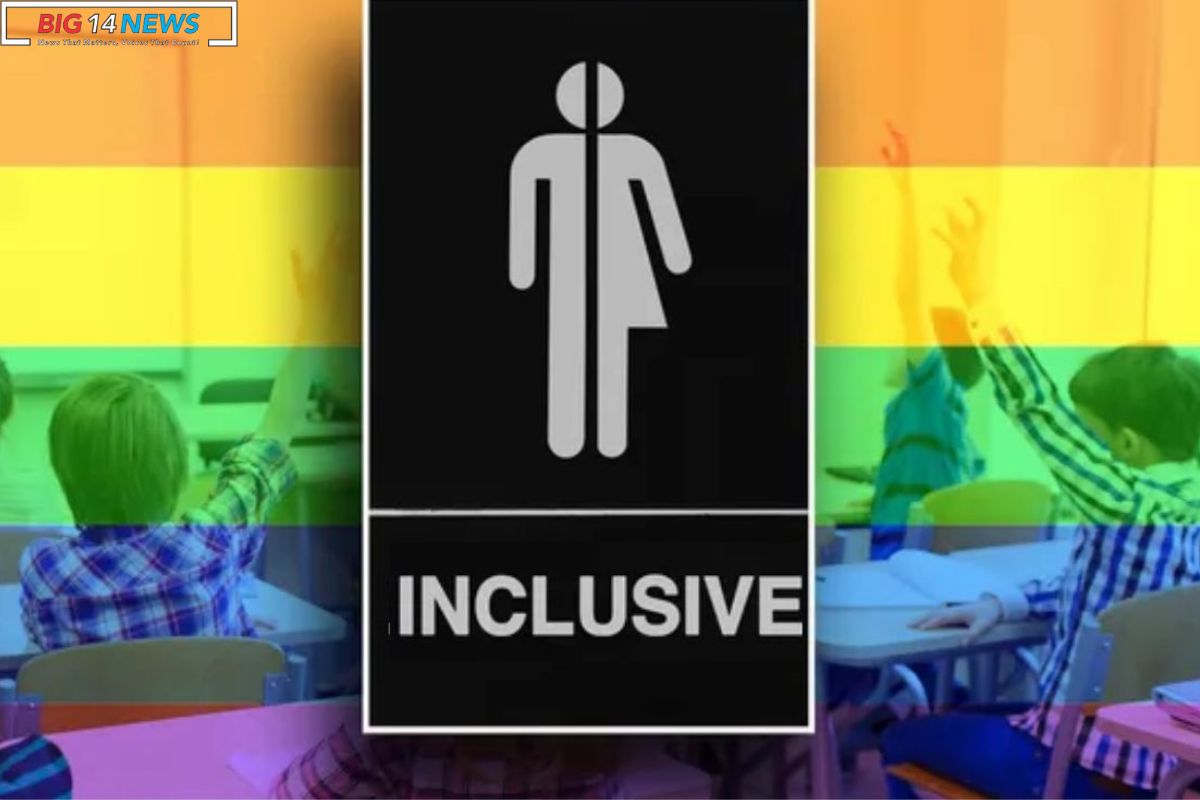Indiana School Bathroom Rule: Indiana AG Todd Rokita backs separate bathrooms for boys and girls in schools. After the Seventh Circuit reversed its ruling, Martinsville School District appealed. This was done to preserve the school board’s decision-making power. The legal battle began when a lower court ruled that the Martinsville and Vigo County School Corporation must allow students to use facilities that align with their gender identity.
Students filed cases in 2021, resulting in this decision. Rokita’s concerns extended beyond the obvious issue. She said the issue goes beyond bathrooms and dressing rooms and involves separating children from parents. Students with gender dysphoria filed lawsuits to use facilities matching their gender identity.
In the case of Vigo County School Corporation, 15-year-old twins with gender dysphoria and a medical condition affecting bathroom use want to use male toilets. A 13-year-old student in the Metropolitan School District of Martinsville also reported a Title IX violation. Title IX, passed in 1972, prohibits gender-based discrimination in federally funded programs. Ken Falk, the ACLU of Indiana’s legal head, discussed potential harm to students without access to appropriate facilities. He said schools should be safe, and denying kids proper facilities can harm them physically and emotionally.
Rokita leads a group of 21 states advocating for policies that maintain school divisions based on birth records rather than gender identity. Rokita emphasized the broader impact of these problems. She connected them to business problems, too.


ALSO READ: School Bus Driver Shortage: Creates Symphony of Challenges in Education
People believe the Supreme Court may hear more transgender rights cases in schools. The CA attorney general sued Chino Valley Unified School District. The case challenges the district’s parental notification policy, requiring schools to inform parents when a child identifies as transgender or uses non-matching pronouns. With lawsuits on transgender rights increasing, many hope the Supreme Court will guide on these complex issues.
The legal debate on bathroom access and gender identity highlights the challenge of balancing rights, educational policies, and societal needs. The Supreme Court’s potential involvement suggests that the resolution of this issue will significantly impact schools and communities nationwide.
Our Reader’s Queries
What is the pronoun law in Indiana?
Indiana, along with 10 other states, has implemented legislation that restricts students from using pronouns or names that do not align with their assigned birth sex. Critics argue that this restriction further ostracizes transgender and nonbinary students.

